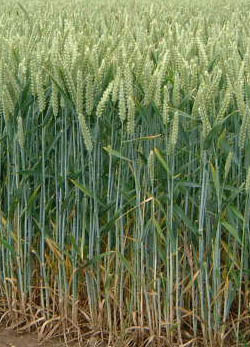Test your knowledge of nutrition, health, and economics
 Now more than ever, health is one of the most important political issues for countries all over the world. As policies are brought in to tackle health problems, such as obesity, malnutrition, and food access, scholars look at what role economics plays in health and nutrition.
Now more than ever, health is one of the most important political issues for countries all over the world. As policies are brought in to tackle health problems, such as obesity, malnutrition, and food access, scholars look at what role economics plays in health and nutrition.
To address this question, we have put together a virtual issue on Nutrition, Health, and Economics, comprised of ground-breaking articles from across our online, books, and journals programs. With a wide range of content addressing topics as varied as school lunches and regional food crises, the aim of this virtual issue is to bring together the best research in the field of nutrition, health, and economics, and make it available to the public.
Get Started!
Your Score:
Your Ranking:
The Nutrition, Health, and Economics Virtual Issue from Oxford Journals brings together content from across journals, books and online products published by Oxford University Press on the topic of nutrition, health, and economics. We hope that you find it a useful and interesting resource. We will be producing more issues like this on a range of topics in the future, so don’t forget to sign up to our database to keep informed!
Subscribe to the OUPblog via email or RSS.
Subscribe to only health and medicine articles on the OUPblog via email or RSS.
Image credit: Wheat field by Tarquin. Creative commons license via Wikimedia Commons.
The post Test your knowledge of nutrition, health, and economics appeared first on OUPblog.









 Related StoriesAnaesthesia exposure and the developing brain: to be or not to be?How do you study large whales?Is obesity truly a public health crisis?
Related StoriesAnaesthesia exposure and the developing brain: to be or not to be?How do you study large whales?Is obesity truly a public health crisis?
Oxford University Press's Blog
- Oxford University Press's profile
- 238 followers



